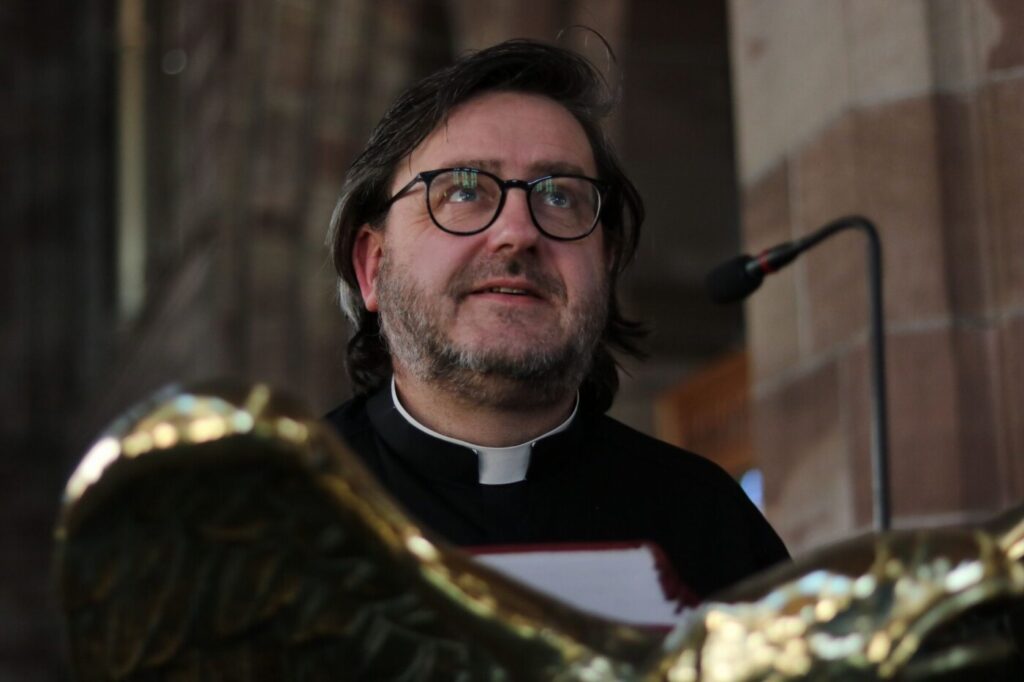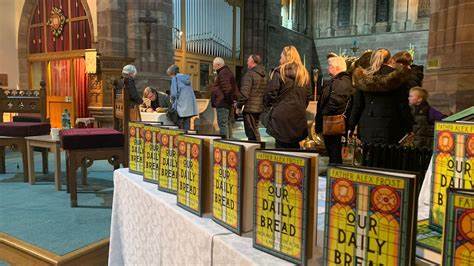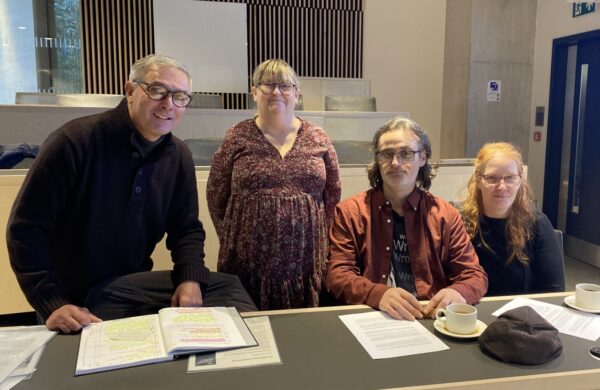How we can radically boost recruitment of working class clergy
Our communities are awash with talent - but Churches need to offer new routes to ministry.
Father Alex Frost calls for bold thinking from national leaders.

Communities are awash with talent
I asked them to do more to recognise the skills and potential of Christians in an urban setting. After all, these places are awash with entrepreneurs and down-to-earth hard-working people.
I'd love to see clergy apprenticeships
Well that could be a fair critique, but I do truly believe that more working class ministers would be a much needed injection of talent and enthusiasm that offers something different to the academic degree model that exists in many church institutions of all denominations.
And just in case anyone was thinking, “hang on a minute I’m working class and I’ve got a degree, what on earth is Fr Alex going on about?” I’d just like to add that of course many working class people are academic and they do have degrees, and that is wonderful.
An encouragement to all working class Christians

Father Alex Frost is Vicar of St Matthew Church in Burnley; is a member of General Synod; host of The God Cast; and author of Our Daily Bread: from Argos to the Altar.
Church On The Margins work
Since 2020, Church Action on Poverty has been researching how the UK’s denominations allocate their resources, and listening to people and churches in communities on the margins.
Churches, at their best, are thriving hubs at the heart of their communities – open and inclusive to all believers and everyone else. Churches at their best connect with and support the local area through local collaborations, shared spaces and resources, and genuine community.
But we found that low-income communities are being disproportionately affected by church closures, and this has ramifications for Christians and entire neighbourhoods. If national church leaders reinvest instead of retreating, then we know churches can help whole communities to thrive and build better futures.


Comments (03)
Comments are closed.